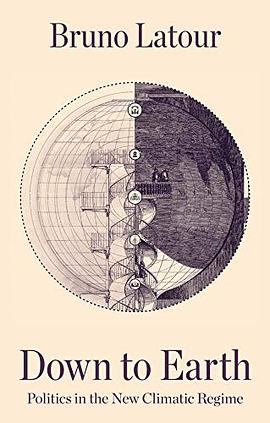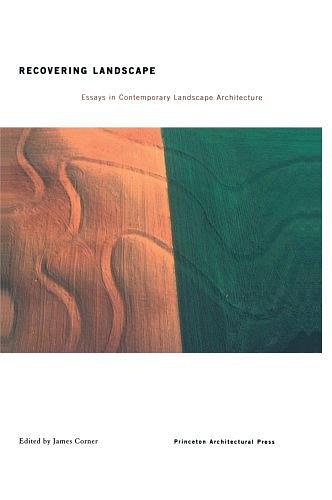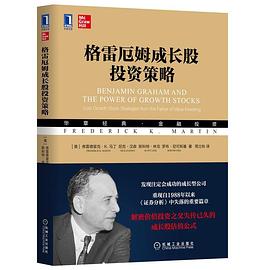Down to Earth
内容简介
The present ecological mutation has organized the whole political landscape for the last thirty years. This could explain the deadly cocktail of exploding inequalities, massive deregulation, and conversion of the dream of globalization into a nightmare for most people.
What holds these three phenomena together is the conviction, shared by some powerful people, that the ecological threat is real and that the only way for them to survive is to abandon any pretense at sharing a common future with the rest of the world. Hence their flight offshore and their massive investment in climate change denial.
The Left has been slow to turn its attention to this new situation. It is still organized along an axis that goes from investment in local values to the hope of globalization and just at the time when, everywhere, people dissatisfied with the ideal of modernity are turning back to the protection of national or even ethnic borders.
This is why it is urgent to shift sideways and to define politics as what leads toward the Earth and not toward the global or the national. Belonging to a territory is the phenomenon most in need of rethinking and careful redescription; learning new ways to inhabit the Earth is our biggest challenge. Bringing us down to earth is the task of politics today.
......(更多)
作者简介
Bruno Latour is one of the world's leading sociologists and anthropologists. He taught at the cole des Mines in Paris from 1982 to 2006 and he is now Professor and Vice-President for Research at Institut d' tudes politiques (Sciences Po). His many books include Laboratory Life, We Have Never Been Modern, Reassembling the Social and Facing Gaia.
......(更多)
目录
......(更多)
读书文摘
经过五十年的绿色抗议活动,除了少数例外,对立问题仍然存在:经济对立于生态,发展的需要对立于自然的局限,社会正义的问题对立于生命世界的运作。 为了公正地看待生态运动,有必要将其与三个吸引子联系起来,以了解运动暂时失败的原因。 诊断其实很简单:生态主义者试图采取非左非右,既不守旧也不进步的立场,但他们并没有设法走出暗伏的陷阱:现代时间之箭。
许多政党、运动和奥论团体都声称在自由主义和地方保护主义之间、在开放边界和关闭边界之间、在道德解放和经济自由化之间发现了“第三条道路”。)如果说他们至今都失败了,那是因为一开始他们就受制于原来的坐标系,对此倍感无力。他们无法想象出其他的坐标系。
......(更多)






